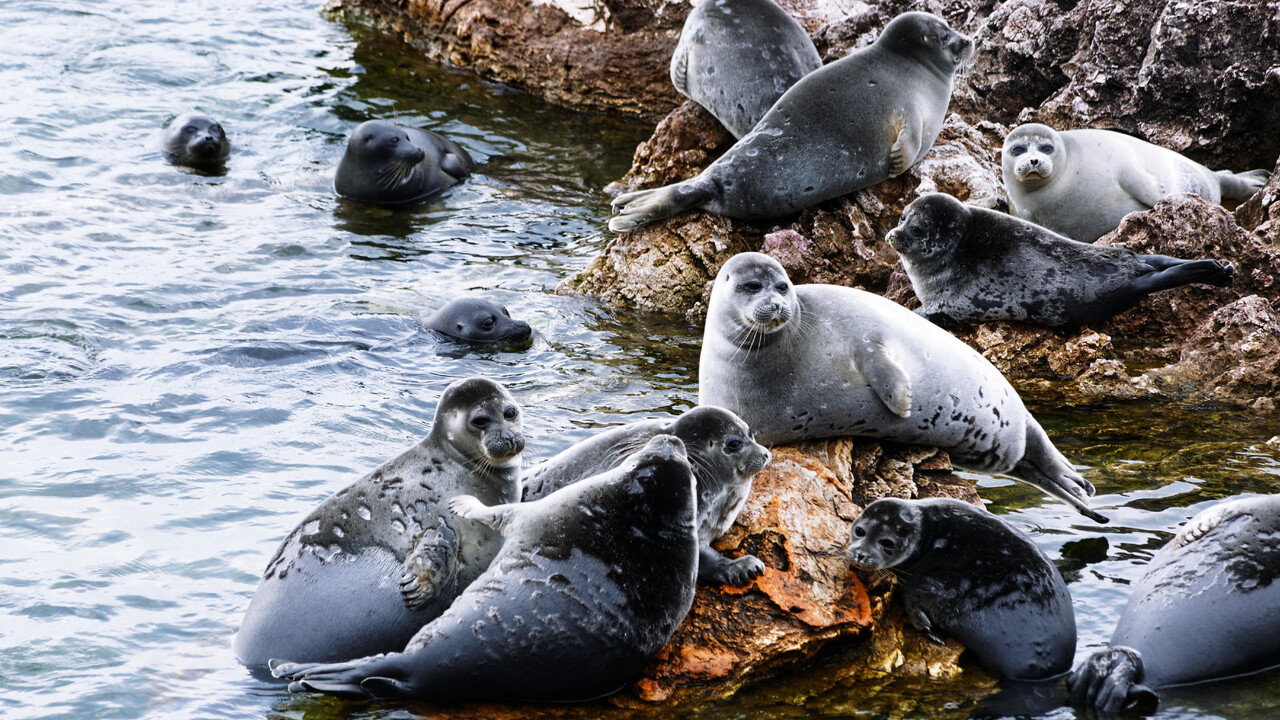Currently, there are no scientific data that would allow artificial regulation of the number of Baikal seals, according to the materials of the round table of the Lake Baikal Foundation and the AN Severtsov Institute of Ecology and Evolution of the Russian Academy of Sciences.
Experts emphasize that the increase in the number of seals does not lead to negative consequences – a decrease in the number of omules and the risk of a wide spread of an epizootic, that is, an infectious disease.
The materials of the roundtable emphasize that there is no longer any scientific data to talk about the population dynamics of the Baikal seal and to draw conclusions about the necessity of its artificial regulation. A survey using unmanned aerial vehicles in 2021 showed that the number of Baikal seals ranged from 120 to 140 thousand individuals. However, the scientists stress that these data are only one indicator of the status of the species and should not be the basis for proving their numbers are regulated.
Experts say the resumption of industrial attraction is a highly controversial intervention in the ecosystem and requires more scientific research and observation. It can lead to the opposite effect – the number of seals may increase due to the increase in food supply. In addition, there is no or very insignificant demand for the meat, fat and fur of the seals.
Previously, Deputy Prime Minister Victoria Abramchenko instructed to consider the need and mechanisms for regulating the number, as well as possible negative consequences.
Source: Ferra
I am a professional journalist and content creator with extensive experience writing for news websites. I currently work as an author at Gadget Onus, where I specialize in covering hot news topics. My written pieces have been published on some of the biggest media outlets around the world, including The Guardian and BBC News.










